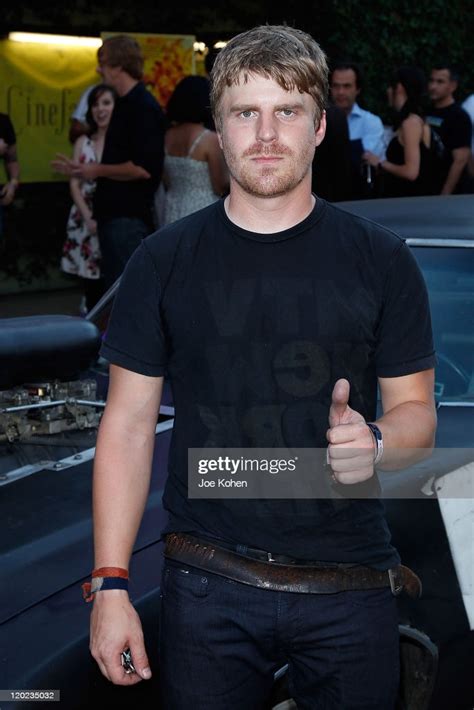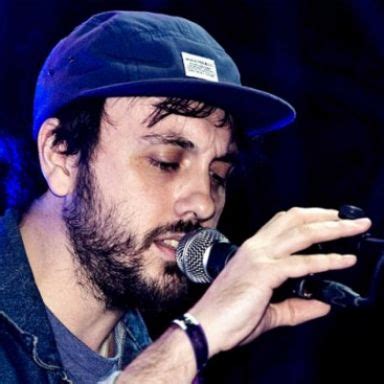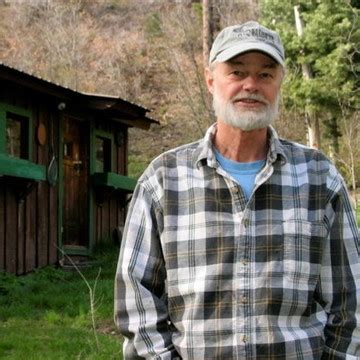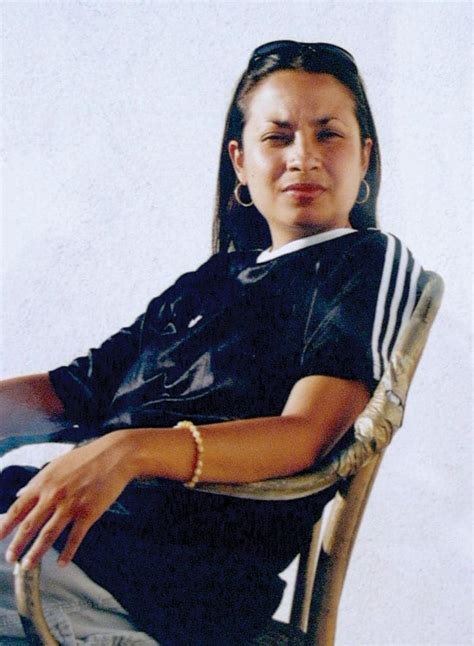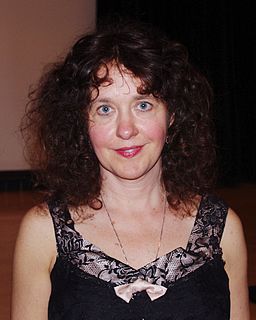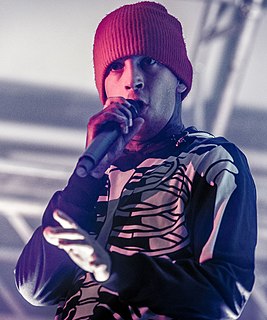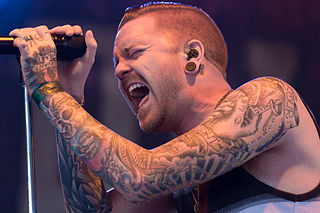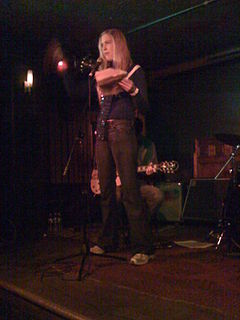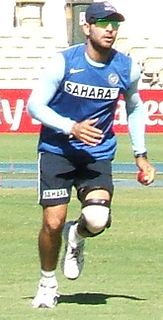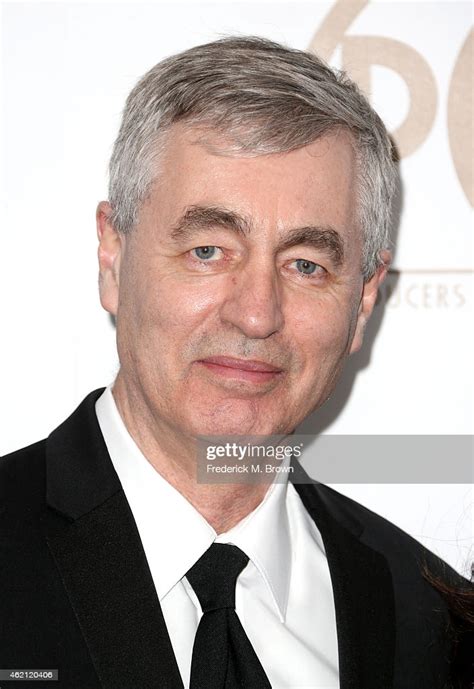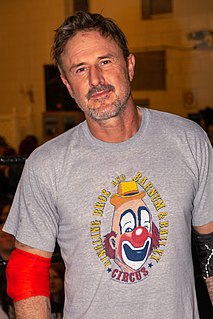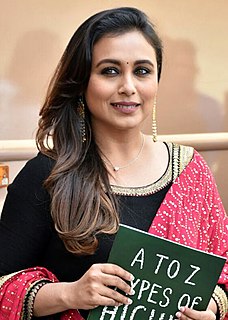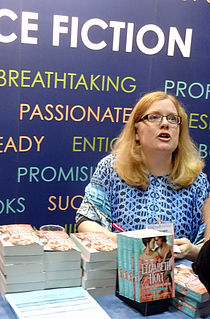A Quote by Evan Glodell
I was writing short films and I was going through this really, really, really terrible end of a relationship that I didn't want to be going through. It was too much for me to process and all of a sudden I had this idea for my first feature film and I knew right away I had to start writing it.
Related Quotes
Sometimes when you write something, you have that day when you start writing and you feel really good, and you start changing it. At the end, it lost the essence. It lost the first idea, the energy that it had, it's going down after every change. And at the end it's something soft and too much rewritten or too much rebuilt that doesn't have the same energy as the beginning. So, I like the first takes because of that, you know. It has that first energy that sometimes it's difficult to recreate.
I used to be a lawyer and I quit the practice of law to start writing and one of the reasons that I did that was I had an older sister who was too sick, who had breast cancer and it just got me to this moment of really looking at my life and saying what do I really want to do? What is really going to make me happy? Do I want to be sixty-five years old looking back and regretting not ever having taken the chance or the risk?
Writing is really just a matter of writing a lot, writing consistently and having faith that you'll continue to get better and better. Sometimes, people think that if they don't display great talent and have some success right away, they won't succeed. But writing is about struggling through and learning and finding out what it is about writing itself that you really love.
I would rather not write if I'm depressed, or am going through a breakup, or I've had some disappointment, or I'm having a family issue. You don't want to just put out an open wound. Sometimes that just isn't even really good writing. Good writing should be good writing and storytelling and not just therapy or someone's personal journal.
When I said that something was going to cost a certain amount of money, I actually knew what I was talking about. The biggest problem that we were having on the financing front was people with lots of money saying "you need more money to make this film [Moon]," and us saying "no this is the first feature film we want to do it at a budget where we sort of prove ourselves at the starting end of making feature films; we can do this for $5 million." That is where the convincing part between me and Stuart came, we had to convince people with money that we could do it for that budget.
For most of my films, I've had to go out and start shooting before I could get the rest of the funding. That was the case with 'Hoop Dreams,' 'Stevie' and 'The Interrupters:' We started them quietly out of Kartemquin Films, only really going to funders once we had something to show and a firm idea of what the film might be.
During my career as a standup and actor, I realized it was very frustrating for me to get hired because Hollywood was hiring a different kind of brother, you know, and I was doing political humor... In order for me to really have a long career, I'm going to have to learn how to write and produce for myself... I had no idea I was really going to like it and I'm very fortunate to be successful. But the idea was to always eventually create something for myself. That was the idea from the beginning when I went into writing and producing.
I pretty much started out writing full time. I was an at-home mom and when my youngest entered kindergarten, I started writing. I was 35, and before that I really hadn't written at all. Which means, I guess, that a) it's never too late to start a writing career (or any career you really want) and b) it's OK to get to your mid-30s and still not know what you want to be when you grow up.
